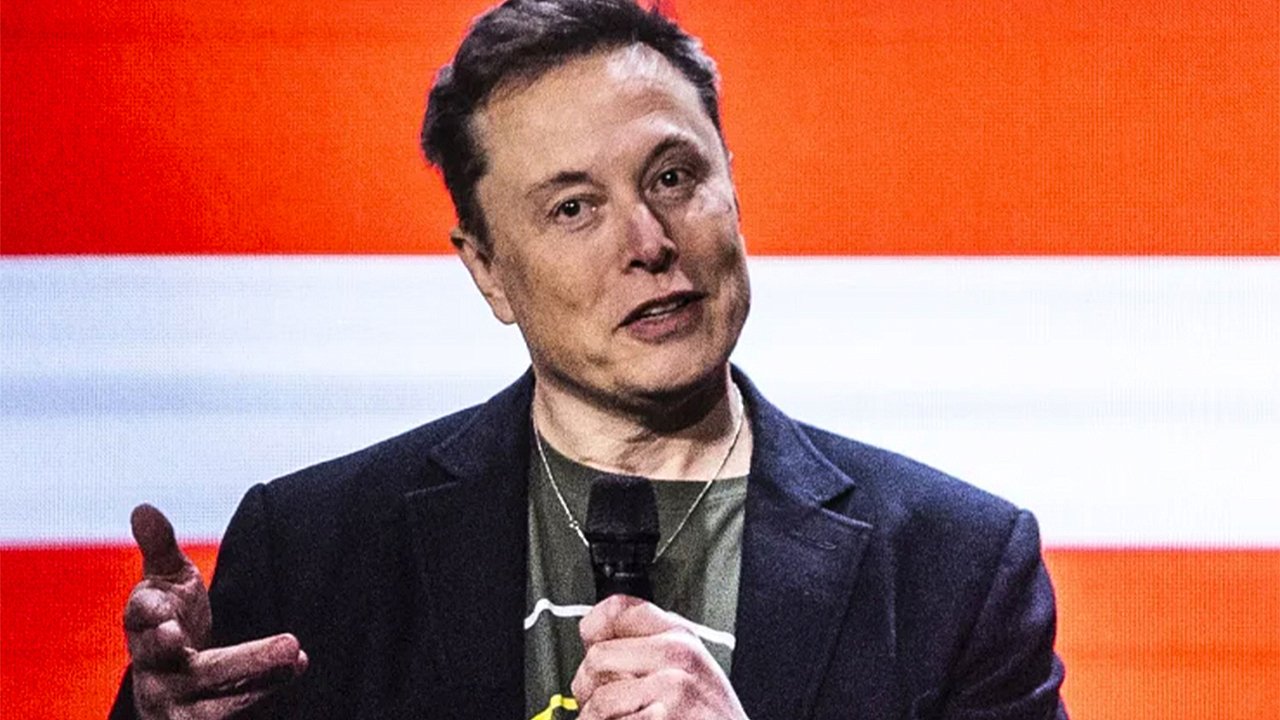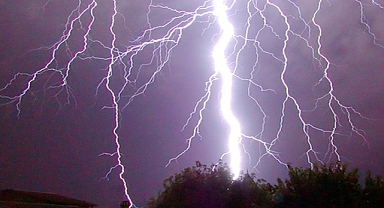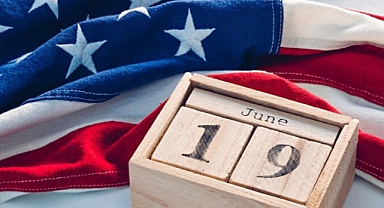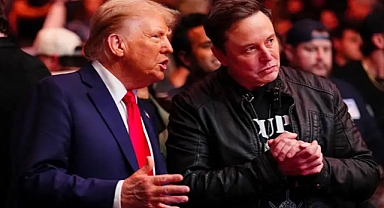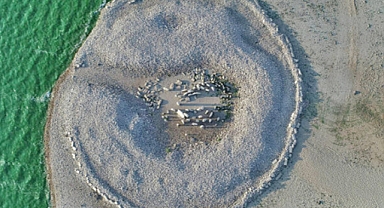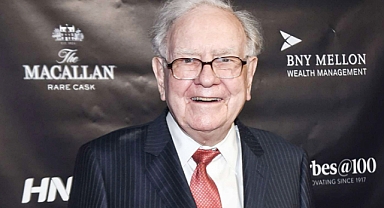Giveaway Linked to voter registration in Swing States
Musk, the owner of X (formerly Twitter) and CEO of Tesla, declared the sweepstakes at a pro-Trump rally in Harrisburg, Pennsylvania. The program, he explained, offers a $1 million daily prize to individuals who sign a petition supporting the First and Second Amendments, limited to registered voters in key battleground states: Pennsylvania, Georgia, Nevada, Arizona, Michigan, Wisconsin, and North Carolina.“This is about free speech and the right to bear arms,” Musk told supporters. “We want to get over a million people signed up.” His political action committee launched the petition just before state voter registration deadlines, with Musk openly advocating that voters register and participate. Experts, however, warn that by limiting eligibility to registered voters, Musk’s offer could violate federal laws that prohibit financial incentives for voter registration or participation in elections.Legal Experts and Officials Express Alarm
election law scholars, such as Derek Muller of Notre Dame Law School, argue that Musk’s actions potentially cross legal boundaries. “When the prize is tied to registration, it raises clear bribery concerns,” Muller explained. Although paying people directly to vote or register is a federal offense, the Justice Department rarely prosecutes such cases.Rick Hasen, a UCLA election law expert, described the sweepstakes as “textbook illegal vote-buying” and noted that federal guidelines explicitly ban lottery-style inducements connected to voter registration. David Becker, a former Justice Department attorney and founder of the nonpartisan Center for Election Innovation & Research, agreed. “Musk’s intent to influence the election is evident, especially with the timing and targeted nature of the offer,” Becker said.In response to the controversy, Pennsylvania Governor Josh Shapiro expressed concerns about the giveaway during an interview on NBC’s Meet the Press, suggesting law enforcement may investigate. Shapiro added that Musk’s campaign raises serious questions about voter integrity and compliance with election law.Cash Prizes Spark Backlash Amid Disinformation Claims
Musk personally presented the first $1 million prize to a supporter at the Harrisburg rally, with another prize awarded at an event in Pittsburgh the following day. The events, heavily promoting early voting and Trump’s campaign, featured large signs urging attendees to vote early. Musk encouraged participants to recruit friends and family to register, adding, “Make sure they vote.”In addition to the legal concerns, Musk has faced criticism for spreading election-related misinformation. Michigan Secretary of State Jocelyn Benson accused Musk of promoting “dangerous disinformation” after he falsely claimed that Michigan had more registered voters than residents.Although legal experts say prosecution is unlikely, the uproar over Musk’s giveaway underscores broader fears about the intersection of wealth, politics, and election integrity. Critics argue that Musk’s attempt to use his fortune to influence the electoral process is both unethical and potentially illegal.
Musk, the owner of X (formerly Twitter) and CEO of Tesla, declared the sweepstakes at a pro-Trump rally in Harrisburg, Pennsylvania. The program, he explained, offers a $1 million daily prize to individuals who sign a petition supporting the First and Second Amendments, limited to registered voters in key battleground states: Pennsylvania, Georgia, Nevada, Arizona, Michigan, Wisconsin, and North Carolina.“This is about free speech and the right to bear arms,” Musk told supporters. “We want to get over a million people signed up.” His political action committee launched the petition just before state voter registration deadlines, with Musk openly advocating that voters register and participate. Experts, however, warn that by limiting eligibility to registered voters, Musk’s offer could violate federal laws that prohibit financial incentives for voter registration or participation in elections.Legal Experts and Officials Express Alarm
election law scholars, such as Derek Muller of Notre Dame Law School, argue that Musk’s actions potentially cross legal boundaries. “When the prize is tied to registration, it raises clear bribery concerns,” Muller explained. Although paying people directly to vote or register is a federal offense, the Justice Department rarely prosecutes such cases.Rick Hasen, a UCLA election law expert, described the sweepstakes as “textbook illegal vote-buying” and noted that federal guidelines explicitly ban lottery-style inducements connected to voter registration. David Becker, a former Justice Department attorney and founder of the nonpartisan Center for Election Innovation & Research, agreed. “Musk’s intent to influence the election is evident, especially with the timing and targeted nature of the offer,” Becker said.In response to the controversy, Pennsylvania Governor Josh Shapiro expressed concerns about the giveaway during an interview on NBC’s Meet the Press, suggesting law enforcement may investigate. Shapiro added that Musk’s campaign raises serious questions about voter integrity and compliance with election law.Cash Prizes Spark Backlash Amid Disinformation Claims
Musk personally presented the first $1 million prize to a supporter at the Harrisburg rally, with another prize awarded at an event in Pittsburgh the following day. The events, heavily promoting early voting and Trump’s campaign, featured large signs urging attendees to vote early. Musk encouraged participants to recruit friends and family to register, adding, “Make sure they vote.”In addition to the legal concerns, Musk has faced criticism for spreading election-related misinformation. Michigan Secretary of State Jocelyn Benson accused Musk of promoting “dangerous disinformation” after he falsely claimed that Michigan had more registered voters than residents.Although legal experts say prosecution is unlikely, the uproar over Musk’s giveaway underscores broader fears about the intersection of wealth, politics, and election integrity. Critics argue that Musk’s attempt to use his fortune to influence the electoral process is both unethical and potentially illegal.
